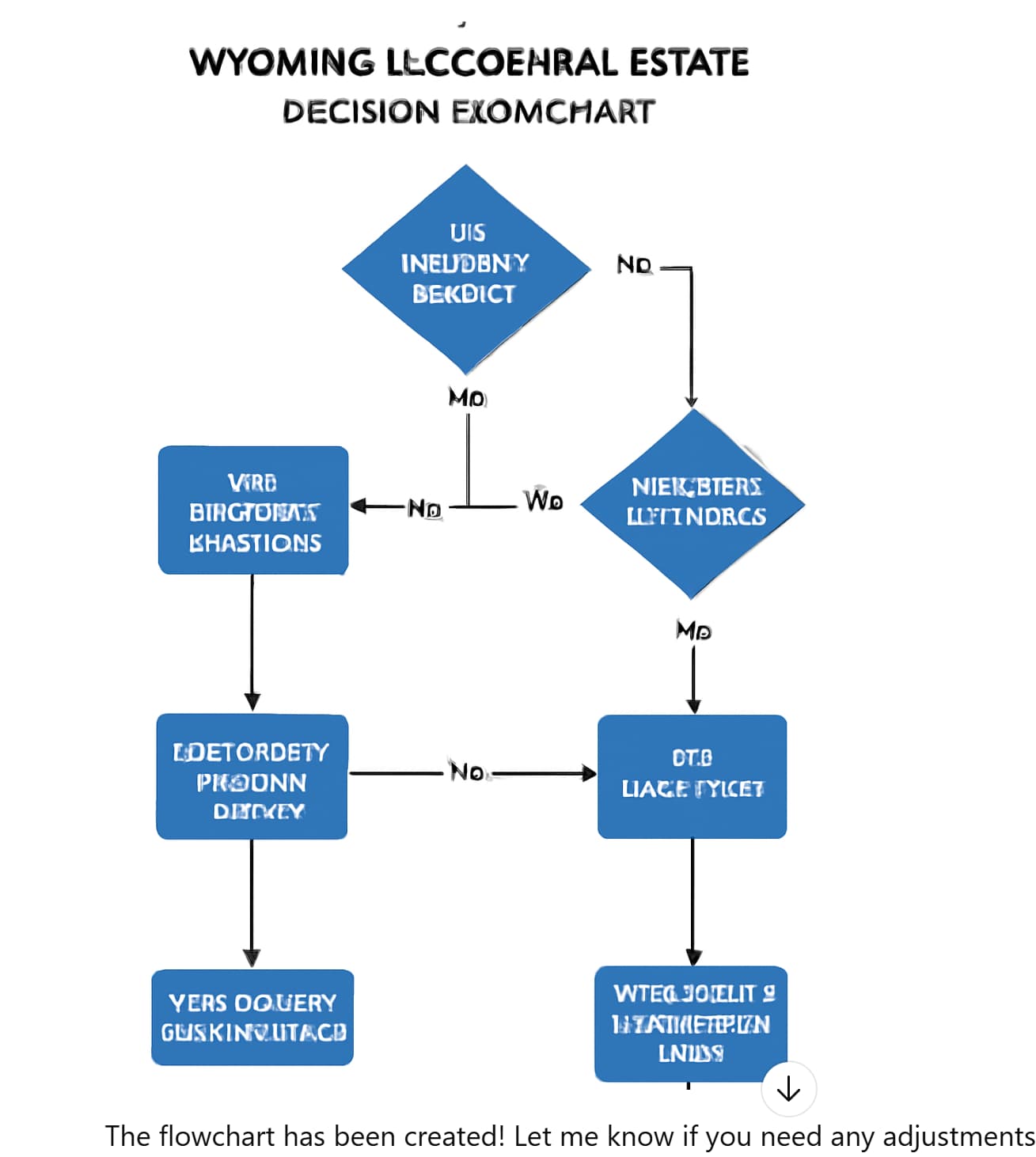Obviously we should try to address the biggest things which shorten life expectancy. I worked with some AI models including ChatGPT Pro, and checked numbers myself. I wanted to know what are the maximum ROI investments in terms of living longer. These 7 emerge, and they probably aren’t a big surprise.
-
Don’t smoke. Obvious. Shortens lifespan by 6-12 years.
-
Manage hypertension. Aim for 110/70. Every 5mmHg reduction from >115 reduces CVD death by 10%.
-
Manage ApoB. Target at least <100mg/dl. If Lp(a) high, ApoB needs to be even lower.
-
Manage blood glucose. This is a high risk factor for a shitload of diseases from kidney disease to foot ulcers and infections. Aim for HBA1C of less than 5.7%, after which risk elevates sharply.
-
Maintain a BMI <30, and ideally 18-25. If BMI >35, this becomes top priority, since risk then equals that of smoking.
-
Improve cardiorespiratory fitness. Every +1 MET on your VO2max corresponds to 13% lower all-cause mortality. The bottom 25% of VO2max have mortality 4x higher than top 25%.
-
Don’t drink alcohol to excess (> 12 units per week). Small amounts seem to have little effect.
What is interesting is if you consider UK male life expectancy is currently 78.6 years.
But:
- 11.9% of UK population smokes
- 31% have hypertension
- 54% have ApoB higher than guidelines
- 17.1% have HBA1C > 5.7%
- 64% have BMI > 25
- Average VO2max is 41
- 24% of adults drink >12 units per week
Thus, based on these numbers, and the relative impact of each, ChatGPT Pro 5 estimates that if these 7 factors were addressed, the average life expectancy should shift to ~87 years. (Note, for VO2max we used 150 mins of exercise per week as a substitute).
It reckoned that with “optimal” adherence to all of these, starting from young adulthood, treating HBA1C, ApoB, SBP to target, then 92 years as an average would be feasible. That is not relying on any predictions of better medications, better treatments, screenings or anything else. Pretty amazing, right?
These are very, very low hanging fruit for huge gains in lifespan. This makes me feel quite hopeful actually, because I have to assume that the vast majority of forum members here are already doing these things.
